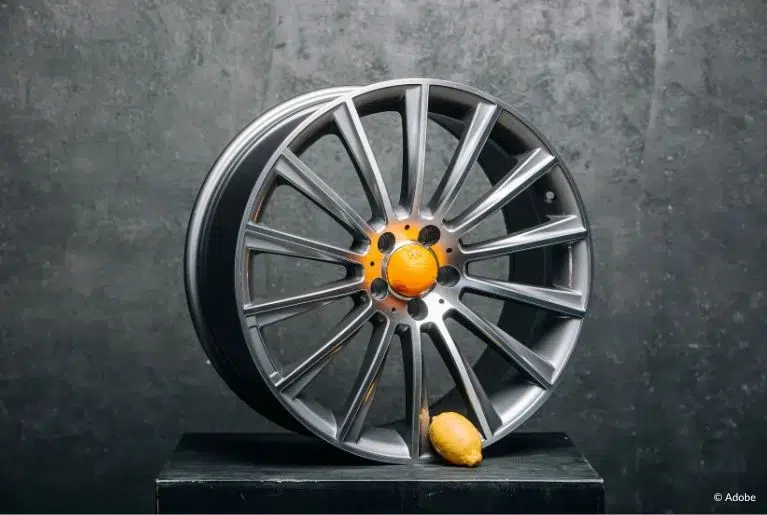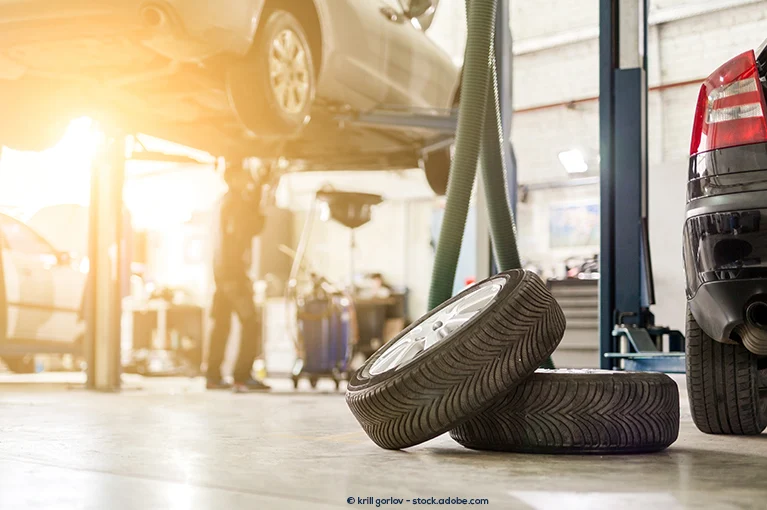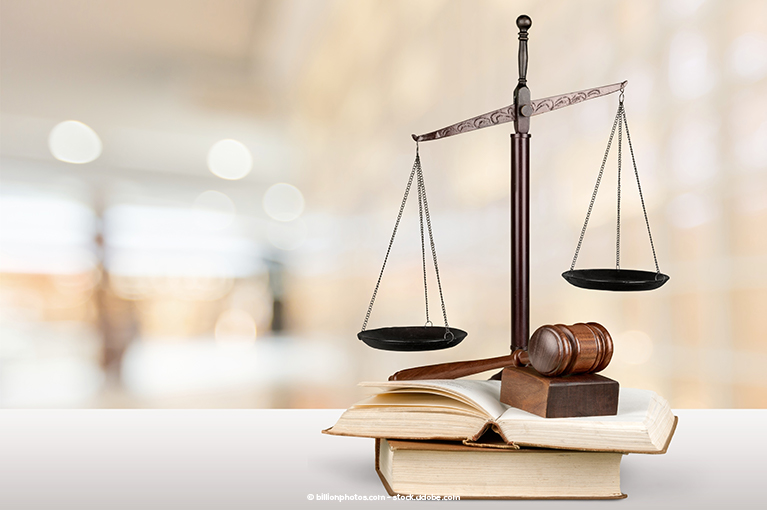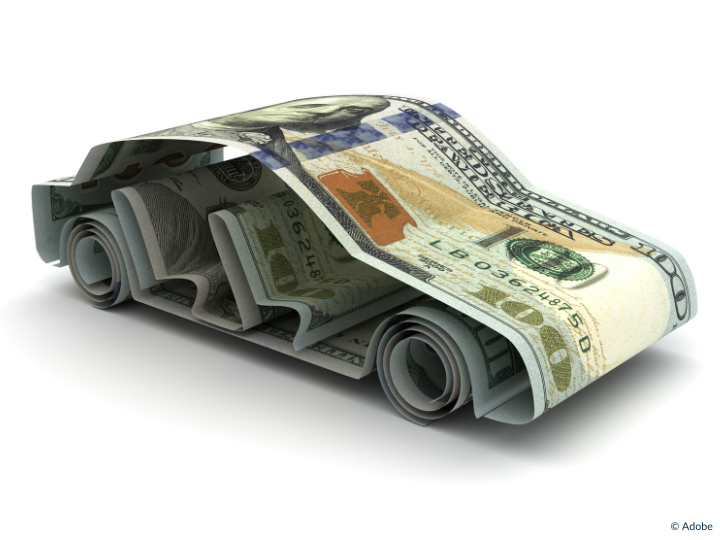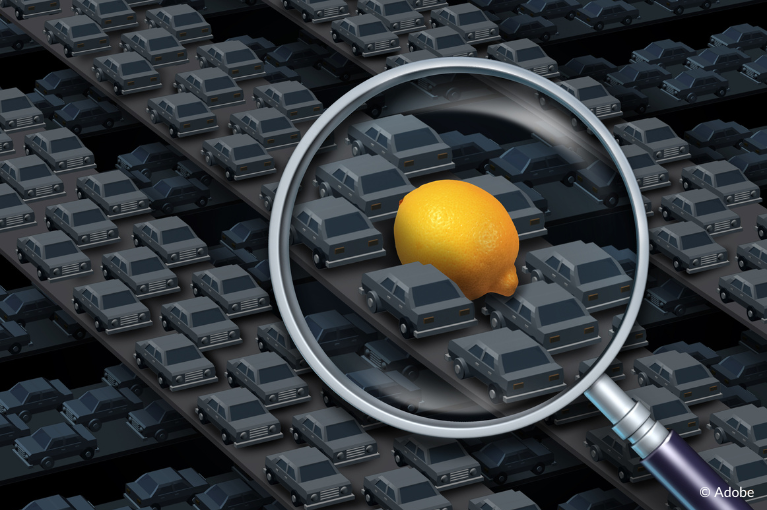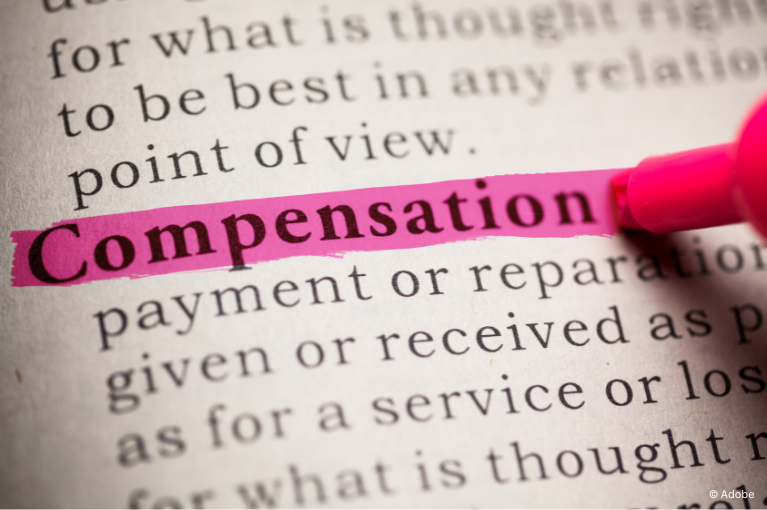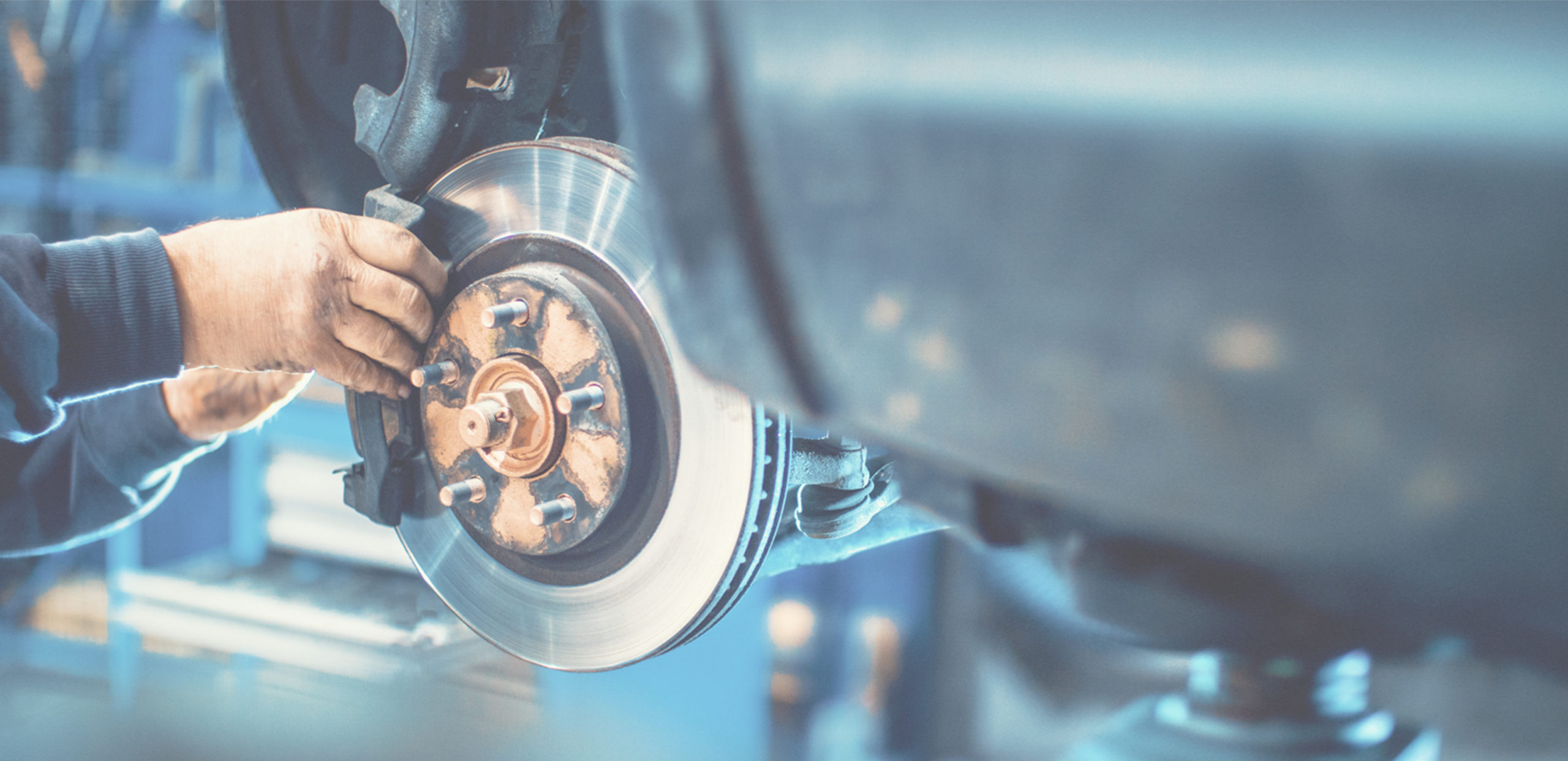If you have a defective vehicle and win your lemon law case, you are eligible to receive the following under the California Lemon Law: cash compensation, a replacement vehicle or a repurchase of your vehicle. When your vehicle is repurchased, that vehicle is called a “lemon law buyback.”
Once the automaker repurchases your vehicle, it has the option to fix the defective parts and reselling the vehicle. If the vehicle goes onto the used car market, the lemon title should appear on the vehicle’s history report. Remember: the repurchasing of a defective vehicle does not mean it will never end up on the market again. Read the answers to the top four questions about lemon law buyback vehicles and help yourself or a friend avoid buying a lemon law buyback.
1. What is a lemon law buyback?
A lemon law buyback is a vehicle that a manufacturer repurchased after the vehicle was proven defective. Most defective vehicles are repurchased after the vehicle owners or lessees pursue lemon law claims and win. California Civil Code § 1793.23 requires automakers to disclose the vehicle’s buyback status to consumers.
A manufacturer is typically expected to repair the vehicle to warranty before putting the vehicle up for sale again.
Like other used vehicles, lemon law buybacks are typically sold at discounted prices. However, a repurchased vehicle may not have been adequately repaired before being put back on the market.
2. Is it illegal to sell a lemon vehicle?
Yes and no. When an automaker sells you a defective motor vehicle, the California Lemon Law protects consumers by allowing you to take legal action. If your vehicle was bought from a licensed dealership in California, and you had a reasonable number of repairs take place under warranty, you can sue the automaker and receive a full refund for your vehicle.
However, an automaker can resell a vehicle that it repurchased as part of a lemon law claim. When this happens, the automaker has to brand the vehicle as a lemon law buyback. The automaker is required to disclose the buyback status to any prospective buyer. If an automaker sells the buyback vehicle without disclosing the vehicle’s status, the automaker is breaking the law.
Sometimes, a consumer will learn that a vehicle has a lemon buyback status and choose to purchase the vehicle anyway.
3. Why do people purchase lemon law buybacks?
Someone may agree to purchase a lemon buyback because of a common myth: that the lemons are always repaired to conform to warranty before being put back on the market.
The truth is this does not always happen. If an automaker could not fix a defect within a reasonable number of repair attempts before repurchasing the vehicle, then the automaker may be unable to fix that defect after it bought the vehicle back.
If a manufacturer had to be pushed to buy back the lemon vehicle after someone filed a lawsuit, then there is a higher chance that the defect may not be adequately fixed.
Alternatively, those who purchase lemon buyback vehicles may have done so because the automaker failed to disclose the vehicle’s history. Sometimes, automakers engage in “lemon laundering.” This is a practice of selling defective vehicles without disclosing their histories. Sometimes these vehicles are resold in wholesale auctions, where it is easier to conceal the vehicle’s history.
Repurchased vehicles may cross state lines and end up sold in states that do not require these vehicles to be rebranded as “lemon law buybacks.”
4. How do I know if a vehicle is a lemon law buyback?
If a manufacturer loses a lemon law case and has to repurchase the vehicle, the California Lemon Law requires that the vehicle be branded as a lemon law buyback. This notification is required under the Automotive Consumer Notification Act. If a vehicle has been branded as a lemon law buyback, then a potential buyer must receive a notice with the following language:
“THIS VEHICLE WAS REPURCHASED BY ITS MANUFACTURER DUE TO A DEFECT IN THE VEHICLE PURSUANT TO CONSUMER WARRANTY LAWS. THE TITLE TO THIS VEHICLE HAS BEEN PERMANENTLY BRANDED WITH THE NOTATION ‘LEMON LAW BUYBACK’.” California Civil Code § 1793.23(f)
The California Lemon Law requires that vehicles titled “lemon law buybacks” may never have that title removed, and the title will remain on the vehicle’s history report. However, automakers may skirt that requirement by transferring the vehicle to a state that does not have the same title branding requirements.
This is one example of “lemon laundering,” a fraudulent practice in which an automaker resells a defective vehicle without disclosing its history. An automaker may also do this by refusing to brand the title, failing to disclose the history to a prospective buyer, or by avoiding a lemon law claim altogether.
Automakers may also avoid disclosure agreements by getting consumers to sign “goodwill” non-disclosure agreements, which state that the vehicle is being bought back as a gesture of goodwill, rather than out of a legal obligation. These agreements are not enforceable in California.
Lemon law representation should come at no cost to you. A lemon law attorney only gets paid if you win. If you pursue a lemon law claim and win, the California Lemon Law requires the auto manufacturer to pay your attorney’s fees and costs.
To learn more about lemon law buybacks, read our California Lemon Law Guide. If you have questions about your vehicle, or want to learn more about protections provided to you by the California Lemon Law, call our toll free number at 877-217-7676 or fill out the consultation form below.
Lemon Law Help by Knight Law Group is an automotive lemon law firm that exclusively practices in California. If you are a California resident who purchased or leased a defective vehicle from a licensed dealership in California, we may be able to help you get rid of your potential lemon and recover significant cash compensation. Model year restrictions apply: 2017–Present vehicle models only.
However, we cannot help those who reside outside of California or purchased their vehicle outside of California unless they are active duty members of the Armed Forces, nor will we be able to refer those to a lemon law firm in their states.
To learn more about the California Lemon Law and your legal rights, visit our guides on the California Lemon Law and Used Car Lemon Law for more information.

